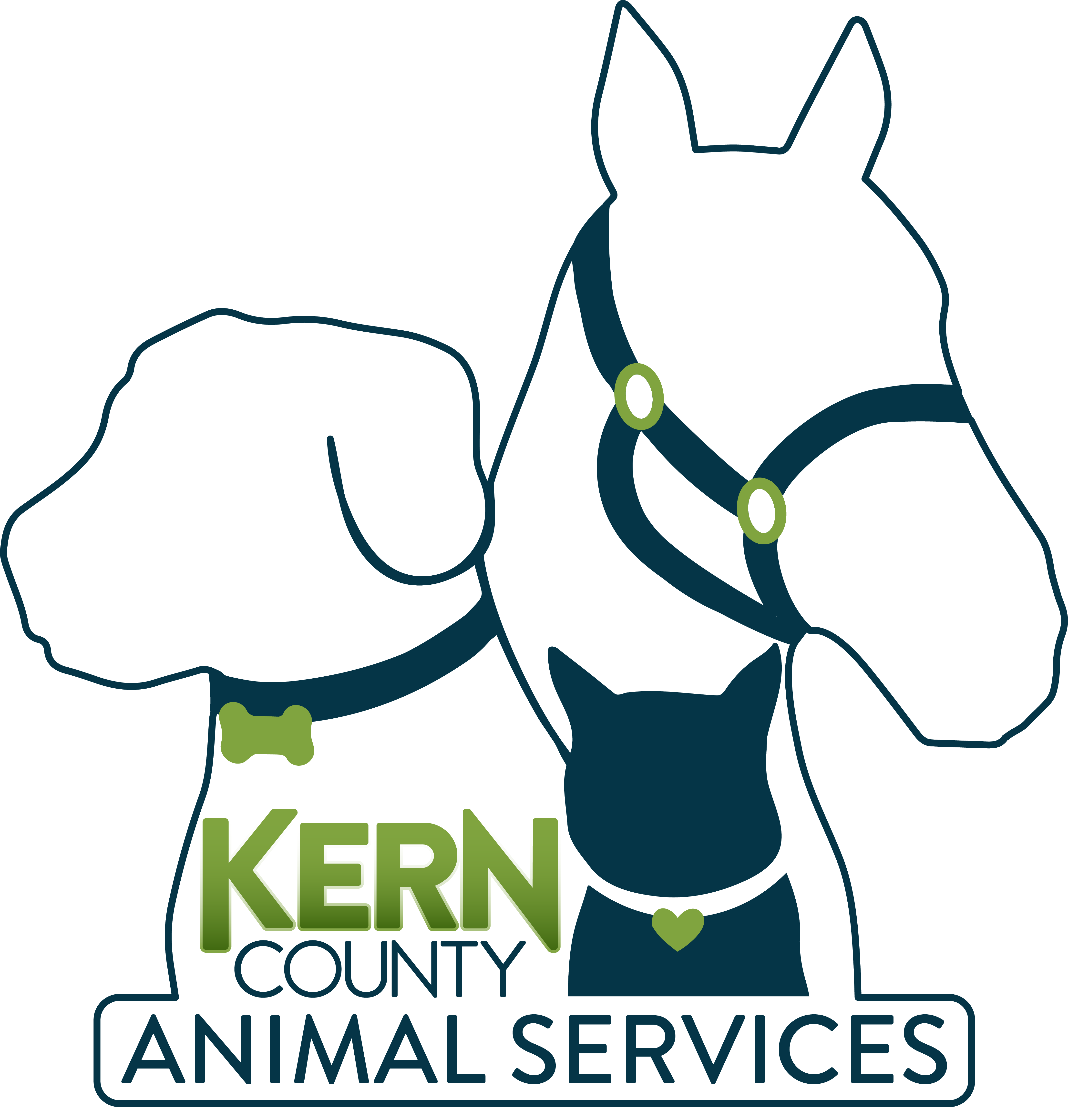Veterinary Care Assistance Voucher Application
If an animal is in need of immediate care, where any delay will put the animal at risk, it is the owner's responsibility to seek care for the animal immediately. There is no guarantee that the emergency veterinary care program will be able to provide financial assistance. Due to the large volume of applications we receive, the program is unable to help everyone who applies. Before applying, you must have a clear diagnosis and specific treatment plan in place from a veterinarian.
Basic guidelines to apply:
- You must be seeking assistance for one animal with a life-threatening injury or illness that requires urgent and specific treatment.
- Must have a current diagnosis and treatment plan from a veterinarian. The emergency veterinary care program cannot pay for office exams or testing. There may be other options available from other local organizations to assist with exam fees.
- Treatment must have a good or favorable outcome. Assistance with the cost of euthanasia cannot be offered at this time.
- Household income cannot exceed $60,000 per year.
- If financial assistance is provided, the recipient must be willing to provide updates and photos to Kern County Animal Services.
- Please make sure that you have given permission to your veterinary office to release information to Kern County Animal Services. Being unable to receive information about your pet from the veterinary office can delay or prevent our assistance.
- The maximum dollar amount for assistance through this program is $200.
This program cannot help if any of the following are true:
- The animal has received most or all of their treatment.
- Assistance has already been awarded to you or your household for this, or any other, animal.
- An Urgent Care grant has already been awarded to you or your household for this, or any other, animal.
- The animal’s needs are for:
- ongoing conditions or treatments (such as chemotherapy/radiation, special diets, Cushing's)
- testing or diagnostic work (such as X-rays, MRI, or blood work)
- routine care (such as non-emergency spay/neuter, vaccinations, or annual exams)
- a follow-up visit after main treatment is done

